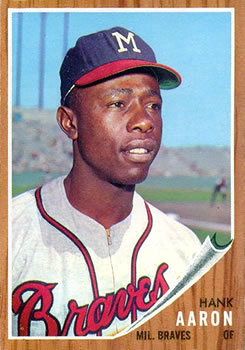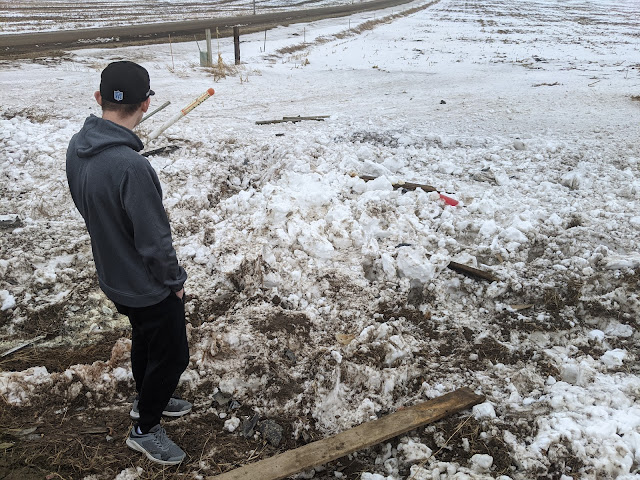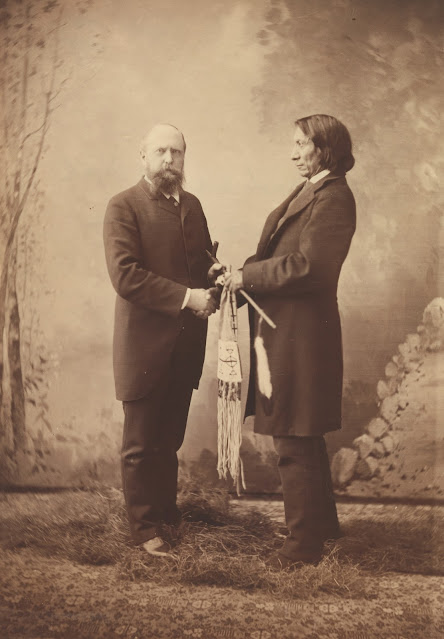Her superior, Archbishop Périer, was the recipient of some of those notices, as in a letter in February, 1956. “I want to say to you something – but I do not know how to express it,” she wrote at the outset of the letter. “I am longing – with a painful longing to be all for God – to be holy in such a way that Jesus can live His life to the full in me.” And then this: “The more I want Him – the less I am wanted” (164).
Then again, in a letter to Jesuit Father Lawrence Trevor Picachy, who had led a spiritual retreat Mother Teresa had attended. After the retreat she told him that the two of them had much to appreciate in the spiritual vitality of her young colleagues, the ones he’d just met. But as for herself, “If you only knew what I am going through – He is destroying everything in me. – But as I hold no claim on myself – He is free to do anything. Pray for me that I keep smiling at Him” (169).
Or, once again to Father Périer, to whom she had to report on her work: “Pray for me – for within me everything is icy cold” (163).
There may be no clear answer to the question of how it could be that this woman, so dedicated, so pious, a bride of Christ, could feel so fully shunned; but in one of those letters, Father Périer offered a possible answer by delving into yet another paradox of all of our lives – the odd pain some of us feel in the middle of what looks like success.
This “feeling of loneliness, of abandonment, of not being wanted,” he told her, “. . . is willed by God in order to attach us to Him alone”; and it occurs, he said, as “an antidote to our external activities, . . . a way of keeping us humble in the midst of applauses, publicity, praises, appreciation, etc. and success.” And then this: “To feel that we are nothing, that we can do nothing is the realization of a fact” (167).
It is a fact that, far more quickly than anyone, including Mother Teresa, would have guessed, her new mission to the poor on the streets of Calcutta had prospered. Soon, it seemed, unforeseen gifts to the mission were accruing in abundance, even though her intent had been, from the outset, to minister to the poor as the poor. Young woman appeared as novitiates, and prayers were offered in all kinds, all over. “Applauses, publicity, praises, appreciation, etc.,” flowed in, far beyond anything Mother Teresa had ever imagined.
Somehow, it’s perfectly understandable that this little woman would have trouble accepting what most of the world might describe as success. After all, on the train to Darjeeling, Jesus had never mentioned anything about accolades, about praise and honor. What she wanted from the outset was not just the wardrobe of poverty but the soul of total pennilessness. She wanted not to have food. She wanted to know the world as the poor knew it; she wanted to know the poor as the poor knew themselves.
What she never wanted and could never have imagined was celebrity.
She wanted only to serve.
The success of the mission could not have been the sole cause of Mother Teresa’s darkness. Undoubtedly, there was more. Neurologists, today, may well think of it was chemical – some drastic imbalance.
What we know, hard enough as it is to believe, is that this pervasive darkness, even in the life of a saint, was very, very real.































